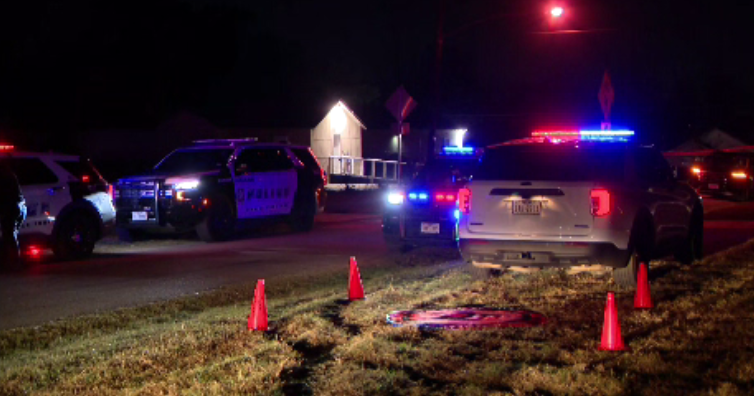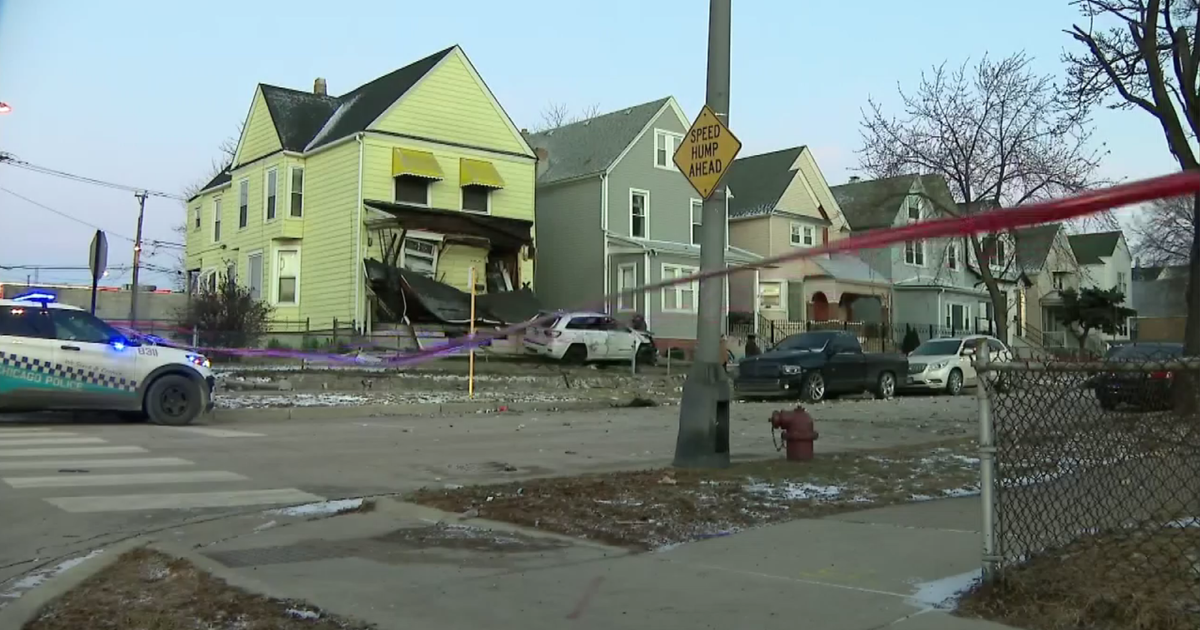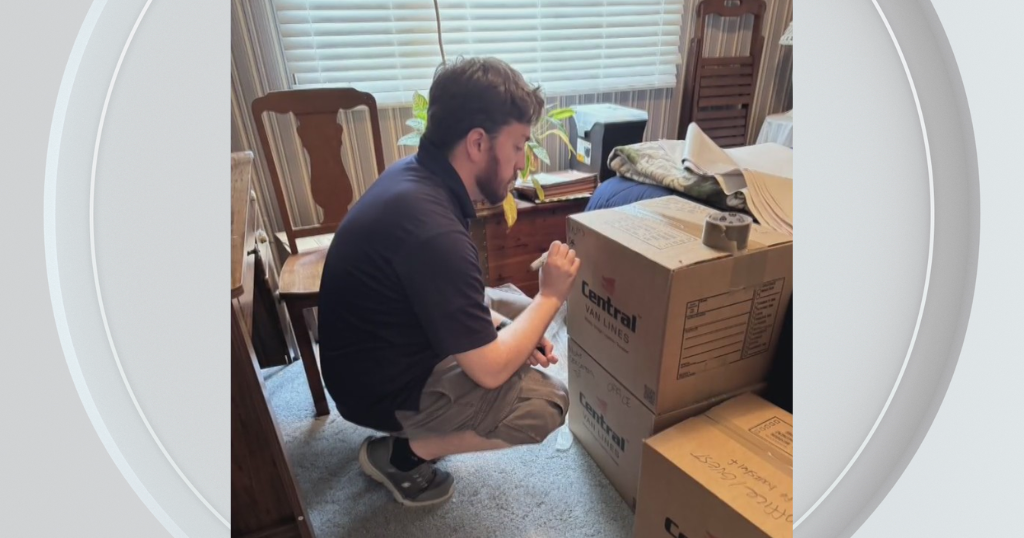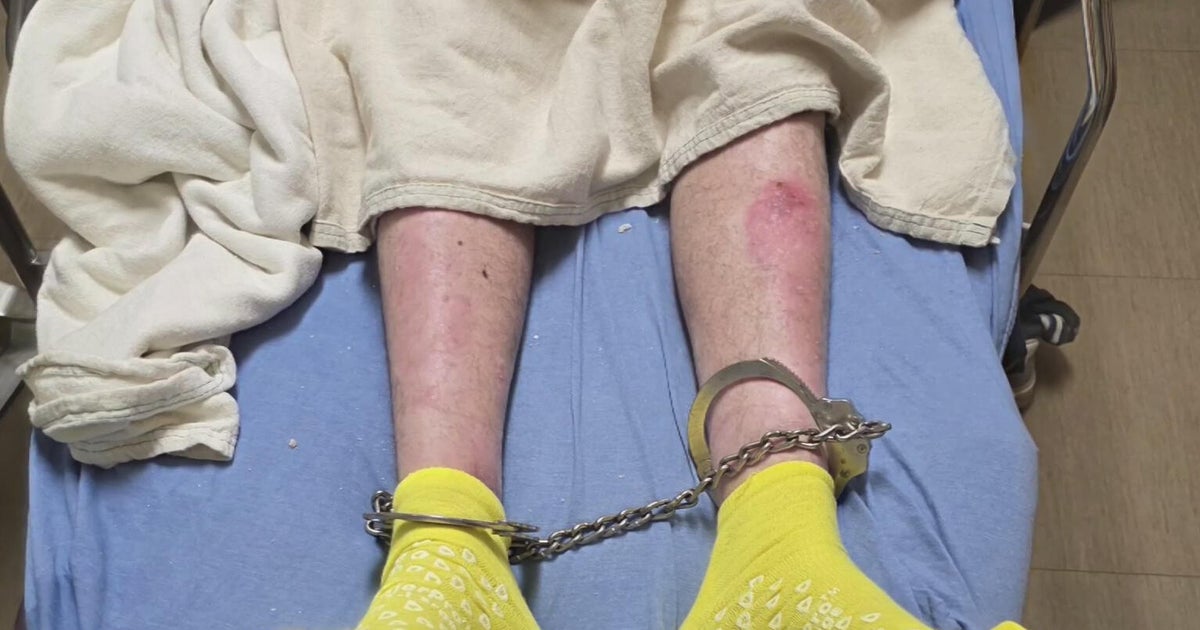Former Dallas Cowboy Jay Novacek, Wife Advocate For Medical Marijuana Law: 'We Want To Save Our Son's Life'
NORTH TEXAS (CBSDFW.COM) - More than one million Texans could be eligible to access medical marijuana through the Texas Compassionate Use program, after state senators unanimously approved a bill expanding the list of qualifying conditions on Wednesday.
The bill is more narrow than one passed by the House earlier this month, but would allow patients with medical seizure disorders, multiple sclerosis, spasticity, terminal cancer, Alzheimer's, Parkinson's, Huntington's, autism and ALS to obtain medical cannabis with up to .5% THC from a state-licensed dispensary.
"We're just like everybody there, desperate. We want to save our son's life," said Amy Novacek.
She and her husband, former Dallas Cowboys tight end Jay Novacek, never expected they would be advocating for anything related to marijuana.
"Everybody I grew up with.. there was no drinking, no drugs. I was naïve to all that in small town Nebraska," said Jay Novacek.
The family gained a new perspective though, when they say their son was violently beaten while pledging to join a fraternity.
"And now he has permanent brain damage," said Amy. "He's unable to go to school, unable to work and he has multiple seizures."
Last week, Blake suffered a seizure at the Texas Capitol, waiting to talk to lawmakers about gaining legal access to medical marijuana.
His family says cannabis worked for him when he tried it.
"It's not like we jumped up one day and said, OH! Medical cannabis! That's it. We've been through the system. We've been through the doctors. We've been through the medications," said his mother.
The proposed expansion is facing criticism from groups it excluded.
Joshua Raines, an Army veteran and Purple Heart recipient, has plead with lawmakers for years to extend medical marijuana access to veterans suffering from PTSD.
"I've lost more friends to suicide than I have to combat," he said.
Raines admits he treats his own PTSD with cannabis.
Without it, he says he might have died of suicide, too.
"I wouldn't be married. I wouldn't have kids. I was a monster without it," he said. " It's the one thing that works."
Now he says, he'll have to wait another two years, until state lawmakers meet again, knowing what he considers taking his medicine, the state still considers a crime.
The Texas House still needs to approve the changes made by the Senate. The bill then heads to Governor Greg Abbott for his signature.








